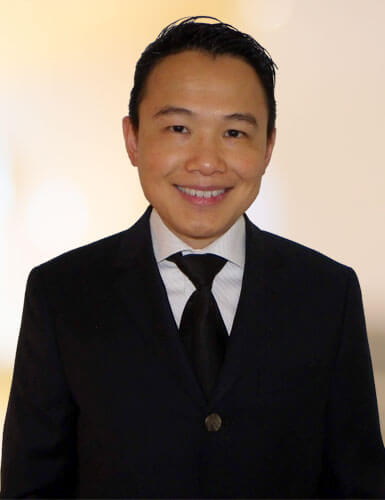Why are dental fees so high? Or: You get what you pay for.
Posted: January 5, 2013
Last Modified: June 6, 2022
It’s a new and hopefully happy new year for everyone, and for many, it is a year of new dental benefits!
First of all, we will NOT be on the bandwagon of offices who say “Great! Let’s use up those benefits!” As we have stated many times before, dental needs are determined by your teeth, and not by your benefits. And your teeth did not read the benefits booklet.
It is important to realize that dental fees are not determined by a random pick of a number from the reading of cloud formations, farmer’s almanacs or the flight speed of African swallows (which are non-migratory). There is a formula that goes into calculating the fee for most dental procedures, and it takes into account the technical difficulty of the procedure, the usual time required, the materials cost, as well as other factors. Each year, there is a recalculation of these procedure costs that is then compiled into the yearly Ontario Dental Association Suggested Fee Guide. This is not a fee schedule (ie: it is not mandatory for dental offices to follow it), but it is the most commonly used tool to determine dental costs in the province.
This determines the clinical fee, and the additional laboratory or expense fees are simply the costs of laboratory work or extra materials. Think of fees as parts and labour. For those who gripe about the high cost of dentistry, consider this: we are not giving you a mass-produced product that is pulled off an assembly line, each one the same as the last like the hottest Apple, Android, or even Microsoft product. Every bit of dentistry that is done in your mouth is a custom procedure done in an unforgiving, moving, dark, wet, bacteria-laden and cramped environment to a precision of fractions of a millimetre and is expected to last for over a decade with punishing daily use. Furthermore, the training required to legally provide a full scope of dentistry takes not only four years of dental school, but a lifetime of continuing education hours in order to stay current. Think of dentistry as a made-to-measure garment that has to keep changing with science and technology that you wear everyday and chew on, with a pressure of 200 pounds per square inch. And it has to work. Every time. For years. What would you pay now? We are unapologetic about the fees, but understand the confusion. It is a consumer society, after all, and people are looking for the best bang for their buck.
Dental fees are one thing. Insurance benefits, are unfortunately quite another. It is common for dental benefits not to cover the entire cost of a procedure, or perhaps not to cover any of it at all. This leads many to feel that the procedure is unncessary, or perhaps an extravagance that they can do without. To that, consider this: what you need and what is covered are two different things. When somebody has a root canal performed on a back tooth, it will usually need a crown in order to maximize its lifespan. Many insurance benefits will cover only a portion (say 50%) of a crown. Does this mean that only 50% of the crown was necessary? If that person’s insurance happens not to cover crowns at all, does it mean that the crown is then totally unnecessary? Of course not. The crown is necessary, but insurance just won’t pay for all of it. The answer is simpler. The well-trained actuaries who work for insurance carriers know that if they require the insured to pay for a portion of the treatment out of their own pockets, a certain percentage of those people will be unwilling to do so. By covering only a portion of the cost, they may instead save themselves from paying out any at all! Keep in mind: 100% of insurance companies are in business to make a profit. 0% of insurance companies are in it for your health. Whether you have healthy teeth or not is not their concern.
By looking after your own needs first, and that would mean a thoughtful discussion with your dentist and no questions left unanswered, you should arrive at a treatment plan that you agree with. Then, if insurance happens to cover some of the treatment, treat it as a discount. Determining your treatment plan based on insurance benefits is literally going about matters in backwards order.
Finally, to those who have avoided going to any dentist because “they don’t have dental insurance”, it is often cheaper and better to find a problem early on, than to find out about them when they hurt. We’re willing to bet that one would rather pay for blood pressure medications even if they are out-of-pocket, rather than have the heart attack (OHIP covered visits to the cardiologist! If you survive!)
Cost of a simple 1-surface white filling on a molar: in 2012, $134 and a bit of tooth.
Cost of a four-canal root canal, core, and crown on the same molar because the cavity was allowed to get too deep: in 2012, $2170 and a lot more tooth material, leaving a tooth that is weakened for life. And if you’re thinking what would have been the cost of an extraction? Minimum $153 for an x-ray and extraction.
So does dentistry in Barrie cost a lot? Compared to a pair of socks, yes it does. Compared to a house, no it doesn’t. Compared to other artificial body parts and health care, it’s right in line. We hope this provides you a new perspective or better clarity on things.
Of course, we won’t know how much or how little dentistry you need until we have a look at your mouth! For a customized overall assessment and treatment plan, please contact us! We’d love to be your dentist in Barrie.


